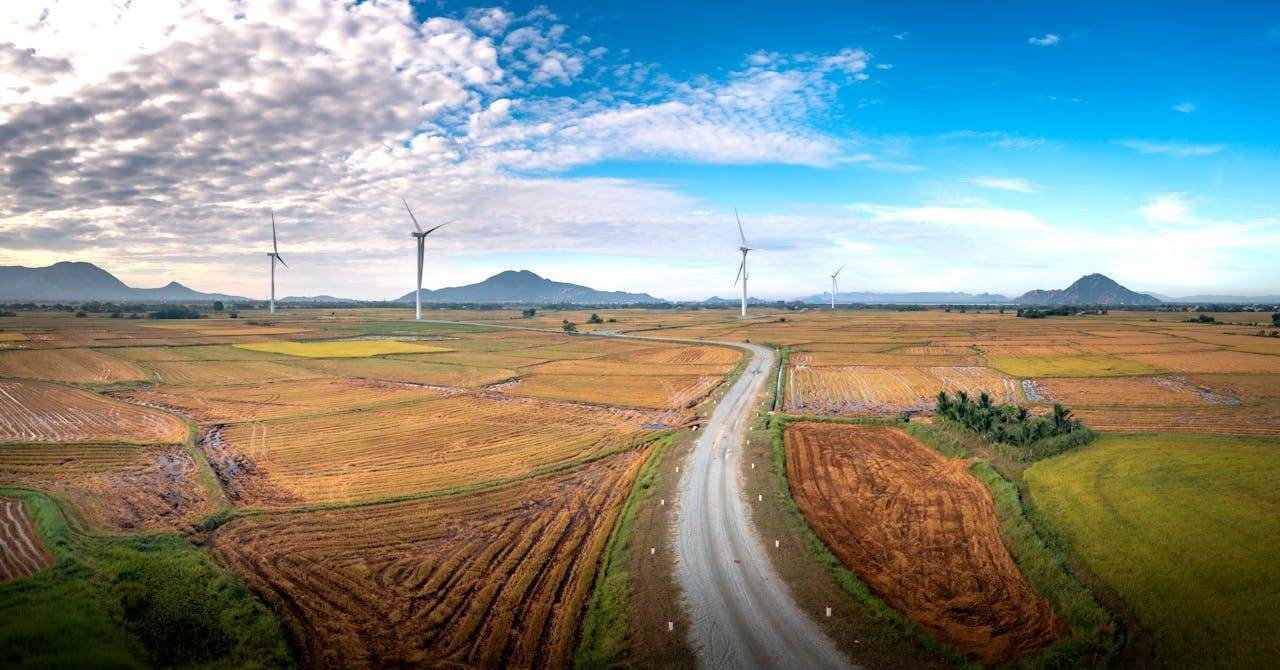Singapore-based property giant, CapitaLand Investment, has set ambitious goals to expand its footprint in India by doubling its funds under management (FUM) by 2028. The company, which currently manages nearly Rs 46,000 crore in Indian assets, plans to diversify its portfolio, tapping into emerging sectors such as data centres, logistics, industrial parks, and renewable energy. A significant part of this expansion strategy includes entering the private credit market for real estate, focusing on early-stage financing for projects. With the backing of Temasek, Singapore's sovereign wealth fund, CapitaLand is poised to increase its presence across various real estate sectors in India.
Current Footprint and Future Expansion
CapitaLand’s presence in India is already substantial, with 23.5 million square feet of office campuses spread across multiple cities. Its first venture in India began with the International Tech Park in Whitefield, Bengaluru, which laid the foundation for further developments in various urban centres. CapitaLand operates primarily through affiliated funds and the CapitaLand India Trust, a real estate investment trust (REIT) listed on the Singapore Exchange.
In addition to office parks, the company has ventured into the hospitality industry through its Ascott vertical, building a network of hotels in India. However, the future growth trajectory appears to focus heavily on data centres, logistics, and industrial parks, sectors that are seeing rising demand due to the digital transformation and increased reliance on cloud computing infrastructure.
Data Centre Boom: Key Focus Area
The burgeoning demand for data storage and cloud services has made data centres a pivotal part of CapitaLand's investment strategy in India. Sanjeev Dasgupta, CapitaLand Investment's India Chief Executive Officer, emphasized that significant capital has been allocated to this sector. The company has earmarked 1.5 billion Singapore dollars in capital expenditure for developing four data centres. These centres are already under construction, with the first ones expected to be operational by mid-2025.
The data centres are strategically spread across India's major technology and financial hubs: Mumbai, Hyderabad, Bengaluru, and Chennai. Furthermore, CapitaLand is planning to develop a data centre in Kolkata, in collaboration with a partner, to leverage the upcoming cable landing station in West Bengal. This strategic move will likely benefit from Kolkata's geographical advantage as a gateway for data traffic, ensuring faster and more efficient connectivity.
CapitaLand’s focus on data centres reflects the industry's potential for robust growth in the coming years. Global investors are increasingly interested in India's data centre market, driven by rising demand for digital services, government policies promoting digital transformation, and the country's expanding internet user base.
Private Credit Business for Real Estate
In a bold move to diversify its revenue streams, CapitaLand is venturing into the private credit business, particularly for the real estate sector. The company aims to provide early-stage financing for a variety of real estate projects, helping bridge the gap for developers who may struggle with traditional financing channels.
This move could prove to be a game-changer for real estate developers in India, particularly as the industry faces liquidity challenges. By offering private credit solutions, CapitaLand can tap into a lucrative market while mitigating risks by focusing on high-quality projects in key locations. The company's foray into private credit is also expected to attract institutional investors looking for higher returns compared to traditional real estate investments.
Broader Strategy: Data Centres, Logistics, and Renewables
CapitaLand's diversification strategy extends beyond data centres and private credit. The company is looking to expand its footprint in logistics and industrial parks, sectors that have gained momentum due to the rise of e-commerce and India's focus on becoming a manufacturing hub under the "Make in India" initiative.
Logistics real estate, in particular, has seen a surge in demand due to increased online shopping and the growing need for efficient supply chain solutions. CapitaLand’s expansion into logistics will align with the broader global trend where logistics assets are becoming more valuable than traditional office spaces due to their ability to generate higher returns.
In addition, CapitaLand is keen on entering the renewable energy space, particularly in solar and wind energy projects. As India aggressively pursues its renewable energy targets, CapitaLand’s entry into this sector could position it well to capitalize on the country’s green energy push.
Strengthening Its Presence Through Strategic Investments
CapitaLand’s strategy to more than double its funds under management by 2028 signals its long-term commitment to India. The company sees enormous potential in the country, driven by urbanization, digitization, and the growing need for infrastructure. The expansion into data centres, logistics, and renewable energy aligns with India’s evolving economic landscape, as more sectors become reliant on sustainable and tech-driven solutions.
By entering the private credit market and investing heavily in data centres, CapitaLand aims to capture new growth opportunities and create a diversified portfolio that can withstand economic fluctuations. These investments, coupled with its already significant presence in office parks and hospitality, will likely solidify CapitaLand's position as a leading player in India’s real estate and infrastructure sectors.
Looking Ahead
CapitaLand's aggressive growth plans and entry into new sectors highlight the increasing importance of India as a destination for international real estate investments. With the support of Temasek and its strategic partnerships, CapitaLand is well-positioned to take advantage of India’s evolving infrastructure needs, digital growth, and renewable energy ambitions.
Image source-capitaland.com









.png)